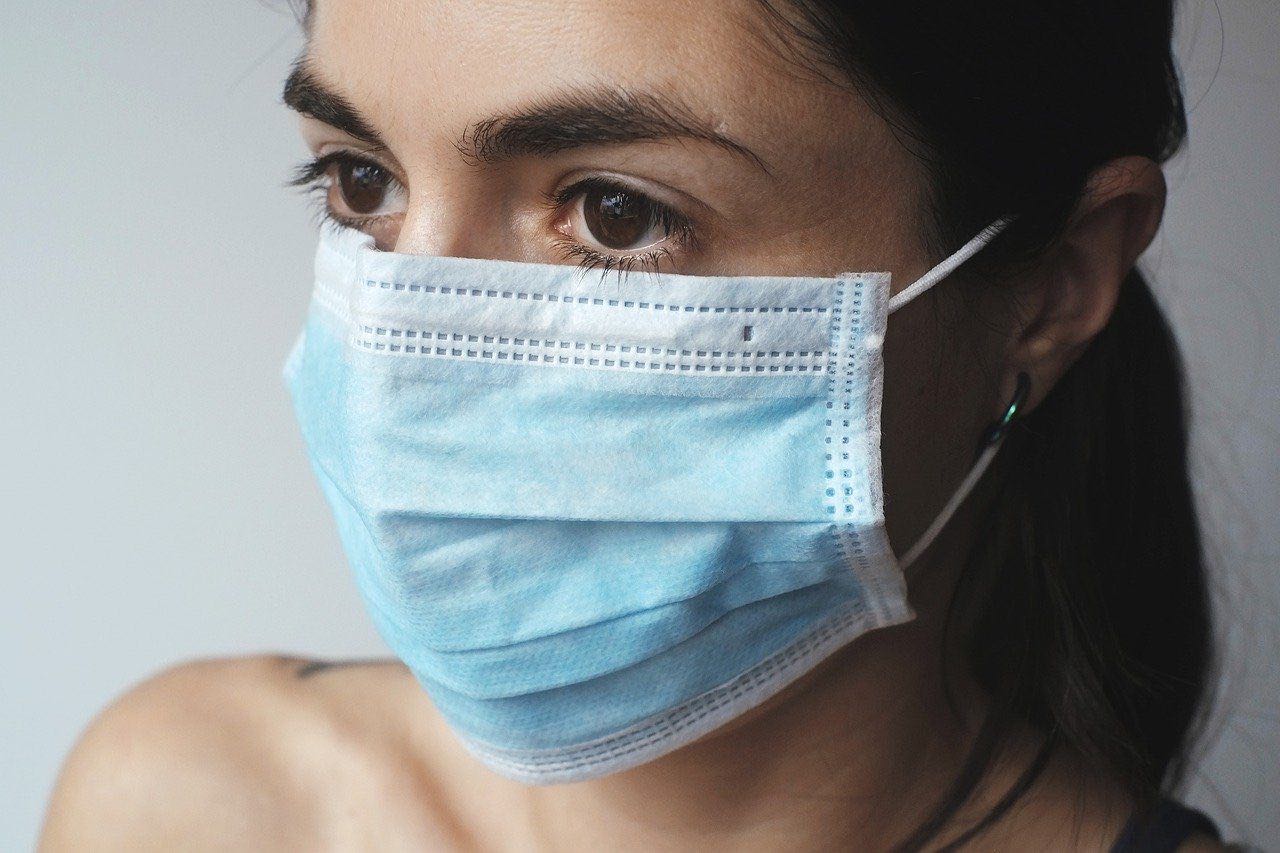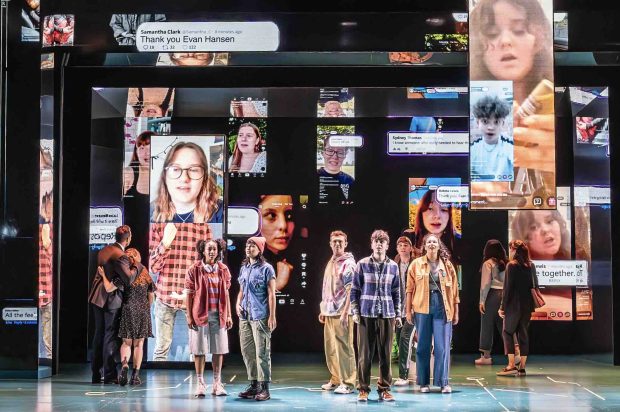The United States unemployment rate has hit 14.7% since the beginning of the COVID-19 pandemic. These are the highest unemployment numbers since the Great Depression. While there’s no surprise that some businesses are going under at this time, it might help to understand why some businesses are more vulnerable than others. The following are some of the industries hit hardest by the pandemic.
Entertainment
Obviously, it’s not safe sitting in a packed arena or theatre when there’s a new pandemic running rampant worldwide — even with a mask. Fortunately, some have taken, or are discussing, implementing creative measures that would allow them to make some money and keep some employees. Sports teams are considering broadcasting all games and playing with no fans. Some performing arts events, such as concerts or musicals have done the same. Film production companies have also done some straight to digital release movies since theatre closings.
Travel
Not surprisingly, hotels are one of the biggest losers to COVID-19. Quarantine mandates in some areas made it difficult to travel in several respects. Job loss means a lack of vacation funds and the uncertainty posed by many hospitality industry closings. The cruise and airline industries have also taken a nosedive. Countries have closed their borders, so whether you want to take a flight to Scotland or a Panama Canal cruise, it could be a while before you can travel abroad. Hotel lodging has been largely restricted to quarantine use.
Restaurants
Takeout options have saved many restaurants from going under. Some dine-in services are beginning to operate at a limited capacity or offer outdoor dining only. Some are also now opening at full capacity. The availability of open dining rooms or not, many people probably won’t feel safe for a while. Hopefully, the public will continue to use take-out options, especially from locally-owned restaurants. You obviously can’t eat and drink while wearing a mask, so the food service industry may suffer longer than others. Bars and nightclubs are often crowded with people talking loudly, making it easier to spread the virus. People are also drinking more alcohol, which may cloud your judgment when it comes to social distancing.
Clothing and Accessories
Deemed nonessential, clothing stores were forced to close for a while. Some stores had online shopping available for mail delivery or curbside pickup. Locally-owned retailers generally haven’t been so lucky. Besides, with so many people out of work and not able to go anywhere, being fashionably clothed probably isn’t a top priority for most. Clothing retail jobs dropped by nearly 60% from February to April.
Home Furnishings
Aside from furniture stores that also sell major home appliances, most were required to close since they were deemed non-essential. Some of these stores were allowed to have appointment shopping only, or online with delivery or outdoor pickup.
Dental Offices
Unlike general practitioners who may make themselves available online or by phone, you usually have to actually be at the office for dental appointments; phone or video chat won’t work for a routine cleaning or a root canal. Since you can’t wear a mask during a dental procedure, even if the hygienist and dentist are, it’s still risky for everyone involved with such close interactions. Most people are probably going to feel it’s too risky to go for an appointment for a while.
Personal Services
Jobs in the personal services category have dropped dramatically since the rise of Coronavirus. A few of these services include pet care, death care and laundry and dry cleaning. Petsitting and boarding services saw a big drop because of the quarantine. Funeral services were either not allowing funerals or severely limiting the number of attendees. Also, with so many people stuck inside, laundry and dry cleaning services weren’t needed as much as usual.
The U.S. economy has really taken a beating since the beginning of the pandemic outbreak. It’s uncertain when many businesses will open and at what capacity. Since COVID-19 is a “novel” virus, little is known about it, but this is an ongoing learning experience.








